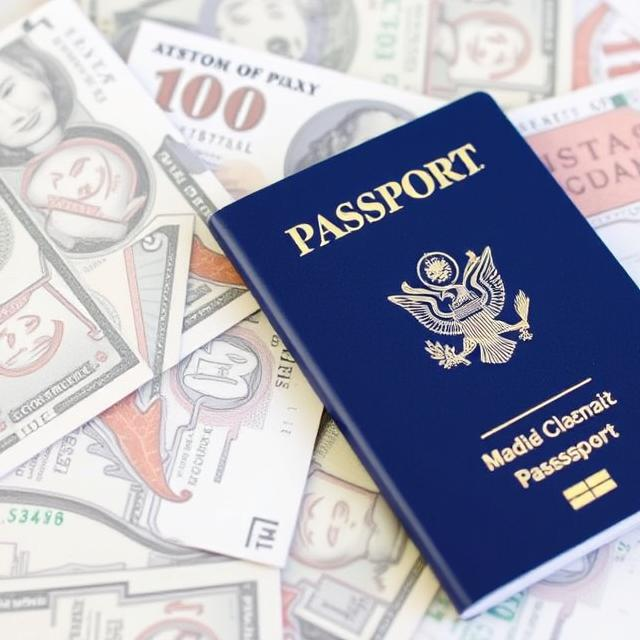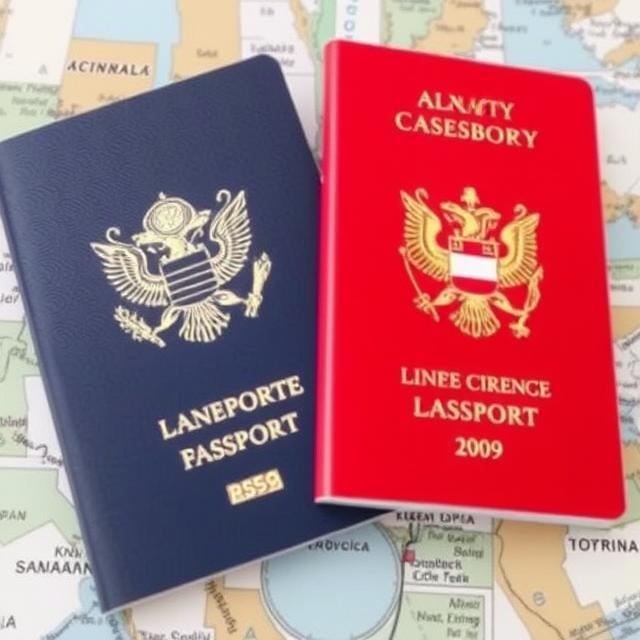Applying for a second passport can be a great investment, but it also comes with risks, including scams by fraudulent agencies and individuals. To protect yourself, follow these guidelines when seeking citizenship or residency through investment, ancestry, or naturalization.
1. Research Government-Approved Programs
Only apply through official government programs. Many countries offering second passports have official websites listing their requirements. Cross-check details on government portals before making any financial commitments.
2. Verify Licensed Agents
If using an agency, ensure it is authorized by the government. Many countries, such as Saint Kitts & Nevis and Antigua & Barbuda, have official lists of licensed agents. Avoid agencies that refuse to disclose their credentials.
3. Beware of Unrealistic Promises
Scammers often lure victims with fake guarantees, such as:
- “Instant citizenship in days”
- “No background checks”
- “Secret passport program”
Legitimate programs have clear requirements and processing times that typically range from months to years.
4. Avoid Paying Upfront Without Verification
Never send money without a verified contract. Secure payments should be made to government accounts or trusted escrow services. Be cautious of requests for full upfront payments, especially via cryptocurrency or wire transfers.
5. Check Legal Documentation
All legal processes should involve documented agreements. If an agency refuses to provide written contracts, legal references, or proof of government affiliation, consider it a red flag.
6. Consult Immigration Lawyers
An immigration lawyer specializing in citizenship laws can help verify opportunities and detect fraudulent schemes. They can also guide you through legal procedures to avoid mistakes.
7. Watch for Fake Websites & Emails
Scammers often set up fake websites impersonating government agencies. Ensure the website URL matches the official government domain. Do not click on unsolicited emails claiming to offer “exclusive” citizenship deals.
8. Verify Application Fees
Check official sources for the exact costs of citizenship programs. Scammers may inflate fees or create additional charges that do not exist in legitimate programs.
9. Avoid Buying Fake or Stolen Passports
Some scammers sell counterfeit or stolen passports that can lead to criminal charges and travel bans. Always go through legal channels to obtain citizenship.
10. Stay Updated on Fraud Alerts
Governments and financial institutions regularly warn about fraudulent citizenship schemes. Stay informed by checking updates from organizations like the European Union, the U.S. State Department, and Caribbean government websites.




